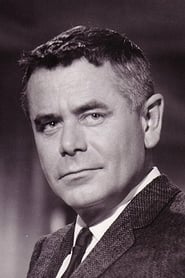
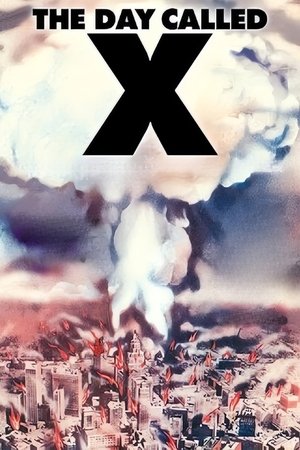
The Day Called X(1957)
Portentously portrays the evacuation of Portland, Oregon, when threatened by a nuclear attack on its state-of-the-art civil defense system.
Movie: The Day Called X
Top 2 Billed Cast
Himself (Mayor of Portland)

The Day Called X
HomePage
Overview
Portentously portrays the evacuation of Portland, Oregon, when threatened by a nuclear attack on its state-of-the-art civil defense system.
Release Date
1957-12-08
Average
0
Rating:
0.0 startsTagline
Genres
Languages:
EnglishKeywords
Similar Movies
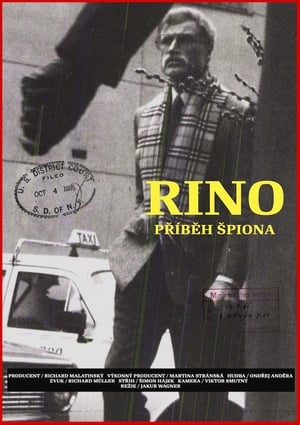 0.0
0.0RINO – Příběh špiona(cs)
Documentary portrait of Karel Köcher, supposedly the most important communist agent to infiltrate the CIA.
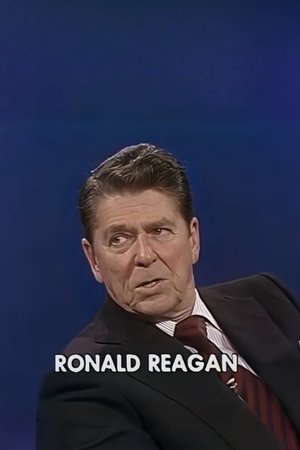 8.0
8.0Firing Line with William F. Buckley Jr: Ronald Reagan(en)
The wish was father to the thought: instead of asking Mr. Reagan conventionally worded questions about his candidacy, as he had done Messrs. A discussion full of substance-on topics ranging from Yugoslavia and Czechoslovakia, to the way government bonds should be issued, to the still-ongoing energy crisis, to the still-high unemployment-but also a delicious dress rehearsal.
 9.0
9.0Intervision Song Contest - schlager i kalla krigets skugga(sv)
Documentary about the Intervision Song Contest in general and the 1980 edition in particular. Focuses on Finland's participation and the shipyard strikes in Gdansk at the time.
 7.0
7.0An Inconvenient Truth(en)
A documentary on Al Gore's campaign to make the issue of global warming a recognized problem worldwide.
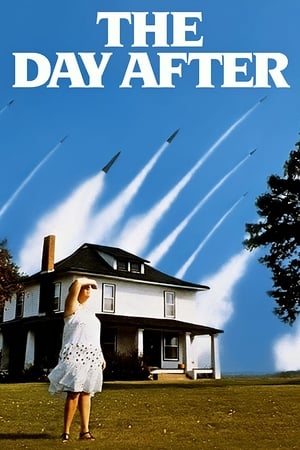 6.7
6.7The Day After(en)
In the mid-1980s, the U.S. is poised on the brink of nuclear war. This shadow looms over the residents of a small town in Kansas as they continue their daily lives. Dr. Russell Oakes maintains his busy schedule at the hospital, Denise Dahlberg prepares for her upcoming wedding, and Stephen Klein is deep in his graduate studies. When the unthinkable happens and the bombs come down, the town's residents are thrust into the horrors of nuclear winter.
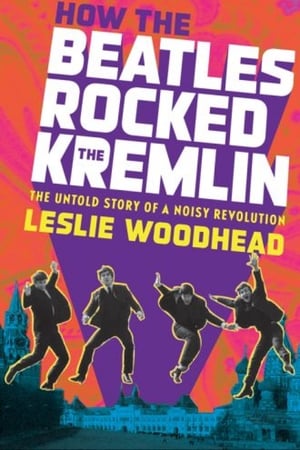 6.5
6.5How the Beatles Rocked the Kremlin(en)
In August 1962, director Leslie Woodhead made a two-minute film in Liverpool's Cavern Club with a raw and unrecorded group of rockers called the Beatles. He arranged their first live TV appearances on a local show in Manchester and watched as the Fab Four phenomenon swept the world. Twenty-five years later while making films in Russia, Woodhead became aware of how, even though they were never able to play in the Soviet Union, the Beatles' legend had soaked into the lives of a generation of kids. This film meets the Soviet Beatles generation and hears their stories about how the Fab Four changed their lives, including Putin's deputy premier Sergei Ivanov, who explains how the Beatles helped him learn English and showed him another life. (Storyville)
 7.3
7.31968: A Year of War, Turmoil and Beyond(en)
The Tet Offensive during the Vietnam War, the Civil Rights Movement, the May events in France, the assassinations of Martin Luther King and Robert F. Kennedy, the Prague Spring, the Chicago riots, the Mexico Summer Olympics, the presidential election of Richard Nixon, the Apollo 8 space mission, the hippies and the Yippies, Bullitt and the living dead. Once upon a time the year 1968.
 7.0
7.0Land Without Bread(es)
An exploration —manipulated and staged— of life in Las Hurdes, in the province of Cáceres, in Extremadura, Spain, as it was in 1932. Insalubrity, misery and lack of opportunities provoke the emigration of young people and the solitude of those who remain in the desolation of one of the poorest and least developed Spanish regions at that time.
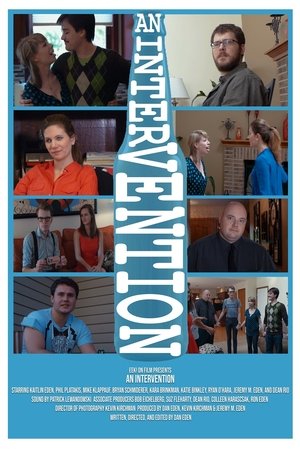 10.0
10.0An Intervention(en)
Chelsea Bledsoe and her husband Graig throw a surprise intervention for her old high school boyfriend, Henry, with a mismatched group of acquaintances from back in the day to fill out the guest list.
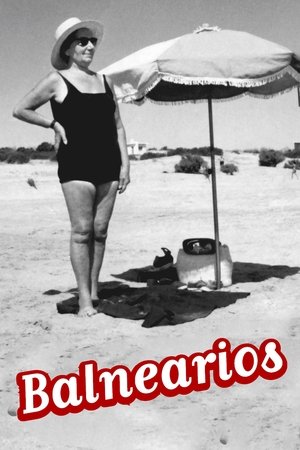 7.0
7.0Balnearios(es)
An album of odd and humorous stories on small places exclusively dedicated to idleness, which are empty in winter and crowded in summer: the spa towns. Cities under water, luxury hotels, mermaids, sea animals, sand castles, people who worship water, praying for health.
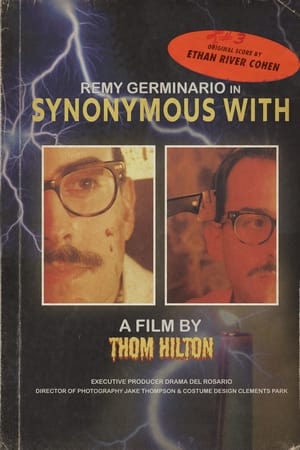 0.0
0.0Synonymous With(en)
A student's increasingly intimate line of questioning causes his interview with a local horror host to take a vulnerable turn.
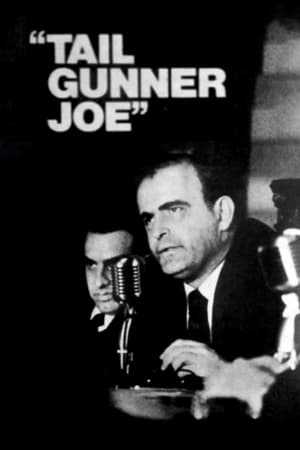 6.0
6.0Tail Gunner Joe(en)
Senator Joseph McCarthy from Wisconsin accuses prominent people of Communist sympathies in order to give him a national power base when he later planned to run for President.
 0.0
0.0Spirit of Hiroshima(en)
Through the daily life of a Japanese family living in the Hiroshima of the nineties, this documentary uses valuable testimonies to reflect on how these people continue to overcome the atomic bombing of 1945.
 0.0
0.0X-Ray Visions: A Look Inside Portland's Legendary X-Ray Cafe(en)
From 1990 to 1994, ground zero for the all-ages, alt-rock scene in Portland was the X-Ray Cafe. Brought to life and operated as a flight of fancy by Benjamin Arthur Ellis and Tres Shannon, the X-Ray was both a critical venue for emerging local and touring bands and hang-out for an amazing array of outcasts, street kids and creative eccentrics of all stripes. When band such as Crackerbash, Sprinkler, Poison Idea, Hell Cows, Smegma, Dead Moon, Hitting Birth, Beat Happenings, Cake, Hole, Green Day or the Spinanes were not on stage, anything from poetry to Spanish lessons to a sewing circle might have connected and entertained the customers. Whether shelter, social or information hub, or music mecca, the X-Ray represented and remains, in age-old fashion, a key chapter in many Portlander's coming of age. Ellis's film, loaded with interviews and performance clips, is a spirited valentine to the craziness and glory of days gone by and to the many who called the X-Ray home.
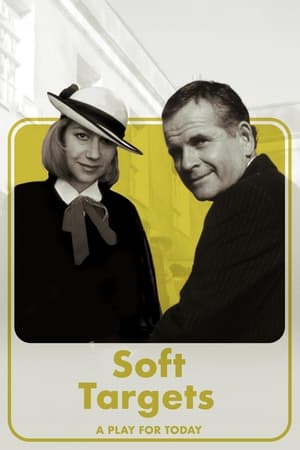 0.0
0.0Soft Targets(en)
Stephen Poliakoff's parody of the spy-thriller genre. A Russian diplomat becomes convinced that he is at the centre of a Foreign Office plot.
Die Bombe(de)
A terrorist drives a car to Hamburg's Rathausmarkt and unloads an unknown device that he claims can cause radioactive contamination. A special unit tries to subdue the man, but this reveals that the only way to prevent the explosion is to constantly readjust a transmitter, so they have to let him go.
 6.5
6.5Mission to Mir(en)
This film shows how far we have come since the cold-war days of the 50s and 60s. Back then the Russians were our "enemies". And to them the Americans were their "enemies" who couldn't be trusted. Somewhere in all this a young girl in Oklahoma named Shannon set her sights on becoming one of those space explorers, even though she was told "girls can't do that." But she did.
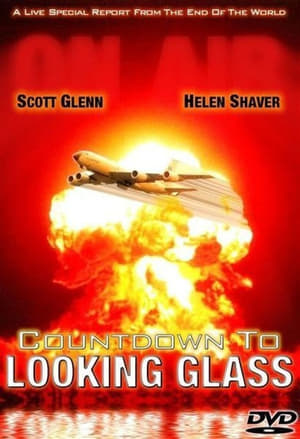 5.9
5.9Countdown to Looking Glass(en)
A fictional confrontation between the United States and the Soviet Union over the Strait of Hormuz, the gateway to the Persian Gulf. The narrative of the film details the events that lead up to the initial exchange of nuclear weapons from the perspective of an on-going news broadcast.
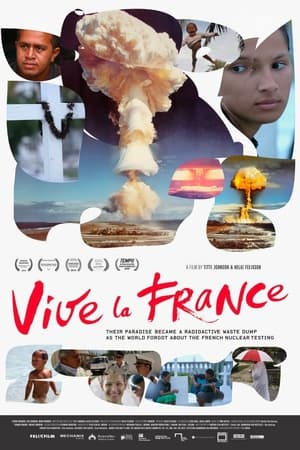 0.0
0.0Vive La France(en)
Kua and Teriki will soon get married. They live on the distant Tureia island in the French Polynesia, Pacific Ocean and have just been told that something is wrong with their son Maokis heart. It is a consequence of living only 100 km away from the island of Moruroa, where France has tested 193 atom bombs for 30 years. Several of their family members are sick and Moruroa can soon collapse, which can lead to a tsunami likely to drown all of them. Vive La France is a personal and intimate story about harvesting the consequences of the French atomic program.
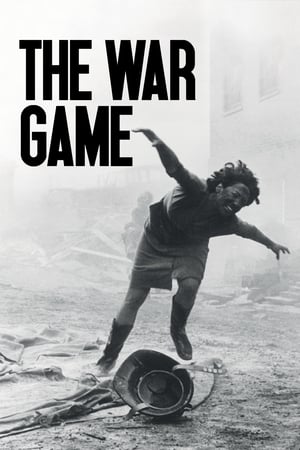 7.7
7.7The War Game(en)
A docudrama depicting a hypothetical nuclear attack on Britain. After backing the film's development, the BBC refused to air it, publicly stating "the effect of the film has been judged by the BBC to be too horrifying for the medium of broadcasting." It debuted in theaters in 1966 and went on to great acclaim, but remained unseen on British television until 1985.
